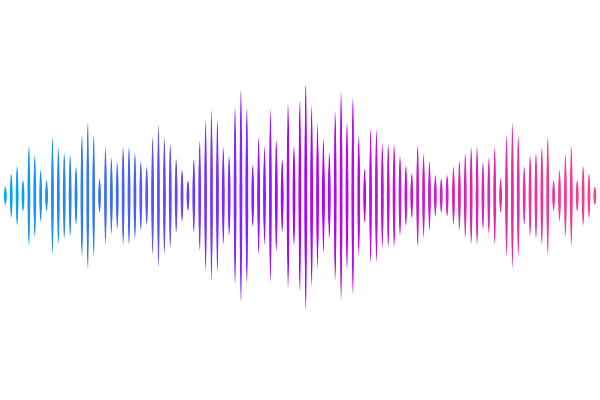Chronic compression drives macrophages toward a pathological pro-tumor state

Chronic compression drives macrophages toward a pathological pro-tumor state
Burchett, A.; chen, H.; Najera, J.; Howard, S.; Datta, M.
AbstractMacrophages comprise a significant portion of the glioblastoma tumor microenvironment and are essential in promoting immunosuppression and tumor progression. Solid tumors such as glioblastoma generate solid stress as they expand, creating a compressive microenvironment for mechanosensitive immune cells including macrophages. Macrophages are known to respond to various mechanical stimuli but have not yet been studied in the context of chronic compression observed in growing tumors. Here, we used a custom in vitro compression system to elucidate the effects of compressive solid stress on murine macrophages. We found that macrophages have significant morphological, transcriptional, metabolic, and functional responses to compression. These changes corresponded to both canonical pro- and anti-inflammatory macrophage states. The gene expression signatures of compressed macrophages more closely resembled those of glioma-associated macrophages known to be associated with worse patient outcomes. These results indicate that compression alone, independent from tumor cell-derived biochemical factors, may contribute to the pathological tumor-associated macrophage phenotype. This could represent a vicious cycle of tumor immunomechanics and mechano-immunology. Targeting solid stress in tumors or the response to solid stress by macrophages may interrupt this feedback loop to help normalize the tumor immune microenvironment and improve glioblastoma response to immunotherapy.